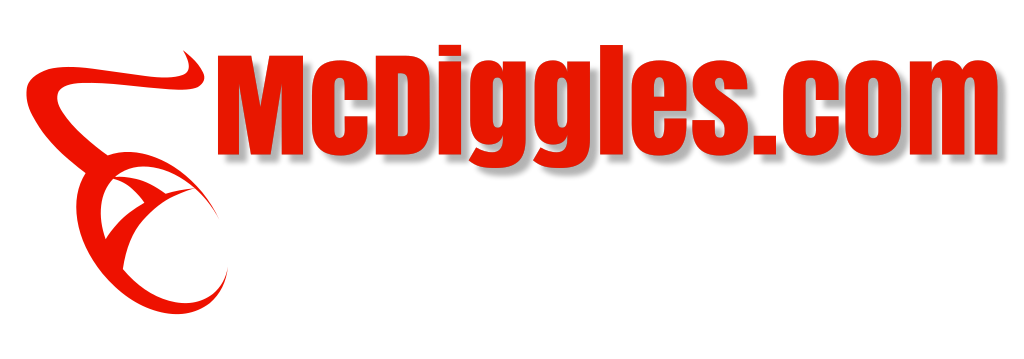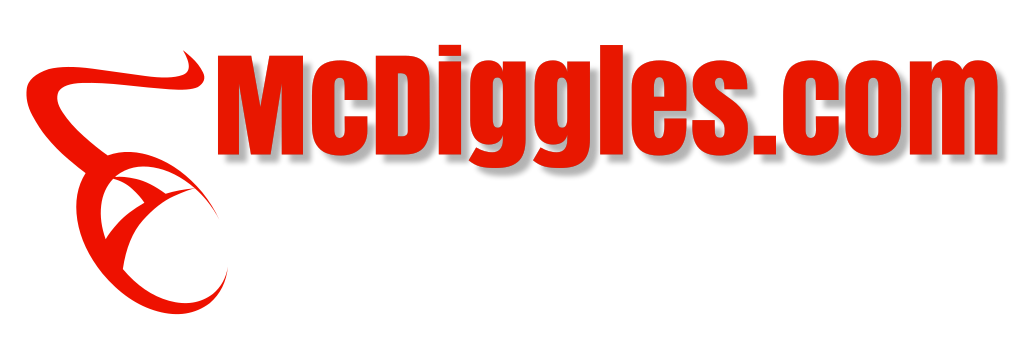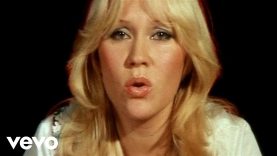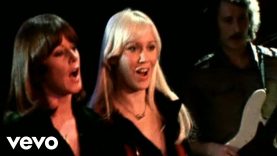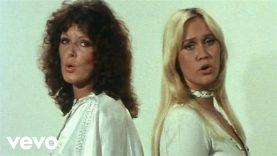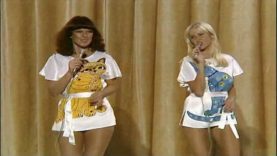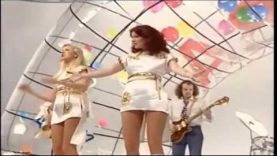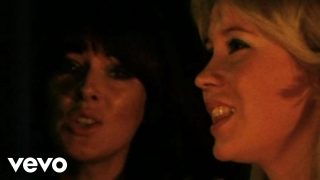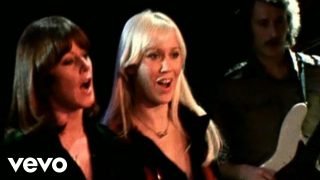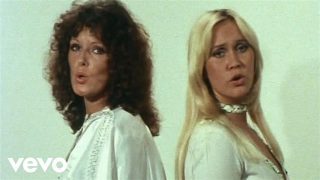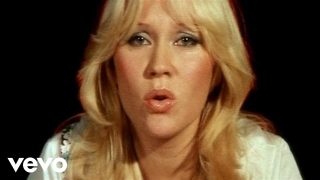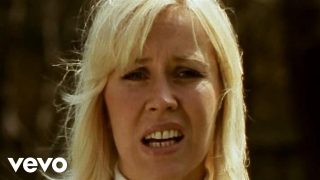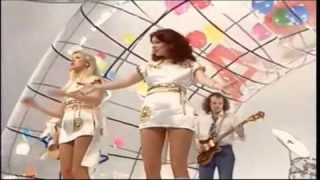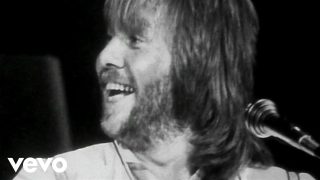- HOME
- BROWSE
- CATEGORIES
- AUTOS & VEHICLES
- BIKES
- CELEBRITIES
- DOCUMENTARIES
- EDUCATION
- ENTERTAINMENT
- FAIL
- FILM & ANIMATION
- GAMING
- MISC. STUFF
- MOVIE & TV
- MUSIC
- ABBA
- AC/DC
- Adele
- Aerosmith
- The Beatles
- Bon Jovi
- Boston
- Cat Stevens
- CCR
- Eric Clapton
- Grace Vanderwaal
- Guns N Roses
- James Taylor
- John Denver
- John Lennon
- Johnny Cash
- Kansas
- Lynyrd Skynyrd
- Metallica
- Misc Music
- Neil Young
- Paul McCartney
- Prince
- Queen
- R.E.M.
- Simon & Garfunkel
- The Cars
- The Mamas & The Papas
- The Police
- The Rolling Stones
- NEWS & POLITICS
- PEOPLE & BLOGS
- SCIENCE & TECHNOLOGY
- SPORTS
- UNCATEGORIZED
- WOW
- CHANNELS
- SUBSCRIBED CHANNELS
- PLAYLISTS
- WATCH LATER
- CONTACT US
- PRIVACY POLICY
- TERMS OF SERVICE
- CONTENT DISCLAIMER
- CATEGORIES
- COMMUNITY
- Forum
CLOSE
